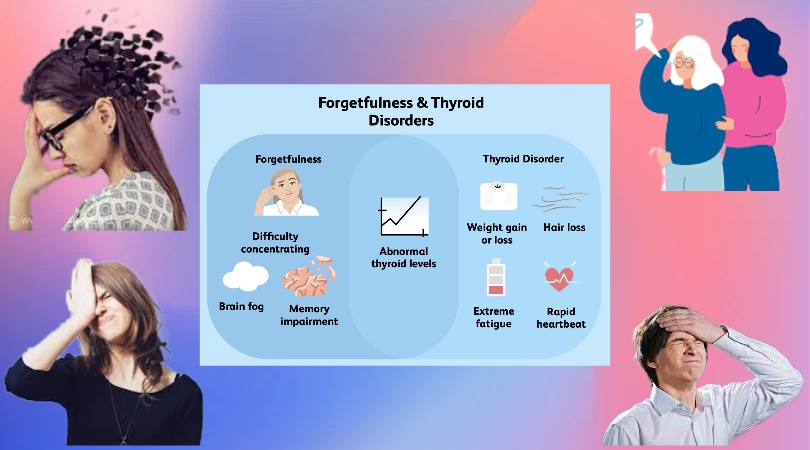Forgetfulness is ordinary throughout life, but it tends to increase with age. The question is, when do memory lapses become problematic? Typically, healthy people suffer bursts of memory distortion, but unless severe and frequent, it’s not considered a sign of dementia or other memory loss condition. Throughout this article, we will discuss a series of forgetfulness that most people will come across during their life.
Absentmindedness:
When people’s minds drift from their current environment, they aren’t able to pay close attention – this type of forgetfulness is called absentmindedness. This usually occurs in small instances, for example, you may have forgotten where your keys are. When you put them down your mind was elsewhere, which means it didn’t process the right information.
This type of forgetfulness can also rear its head by making you forget to carry out tasks at allotted times; taking medication is common. If you have a condition like dementia, this can become highly problematic. Therefore, many aging people move into homes with fully equipped memory care, which will include therapies and an enriched lifestyle. If you live in St Lous, check out Parc Provence.
Misattribution:
Misattribution happens when you can recall a memory, but some of the information is inaccurate – you may forget the people involved, the place, and the time. There is another type of misattribution that takes place when you absorb information and then later believe it’s your thought. Typically, when you see accidental plagiarism, it can be pinned on misattribution.
Transience:
Over time, events and facts can slip away from us, which is called transience forgetfulness. Memory has a system of removing information that’s not used, which is why the information we recall frequently will stay with us longer. Some people will see this as a sign of weakness, but experts suggest that it’s useful because it clears room for more important information.
Blocking:
Have you ever been asked a question that you know the answer to, but it’s just not coming to the surface? If so, you’ve experienced blocking. This is one of the most prevalent types of forgetfulness, and most people will recall the information later on. Often, when information is blocked, it’s because similar information is fighting to surface.
Bias:
Even the most sound-minded people face memory impairment – just take a look at bias. Sometimes, when you experience an event, your memory of it can be distorted by personal opinions (bias). During memory recall, the accuracy of the information is altered based on your mood, views, and much more.
Suggestibility:
After you experience an event, you often learn more information about it after the fact, which can become embedded in your personal memory of it. There isn’t too much information about why suggestibility happens in the brain, but it’s a process that fools you into believing false memories are real.
People experience forgetfulness throughout their entire lives, and the frequency increases with age. Although memory issues are common, if you experience severe forgetfulness, you should seek professional support.
Visit For More Articles

